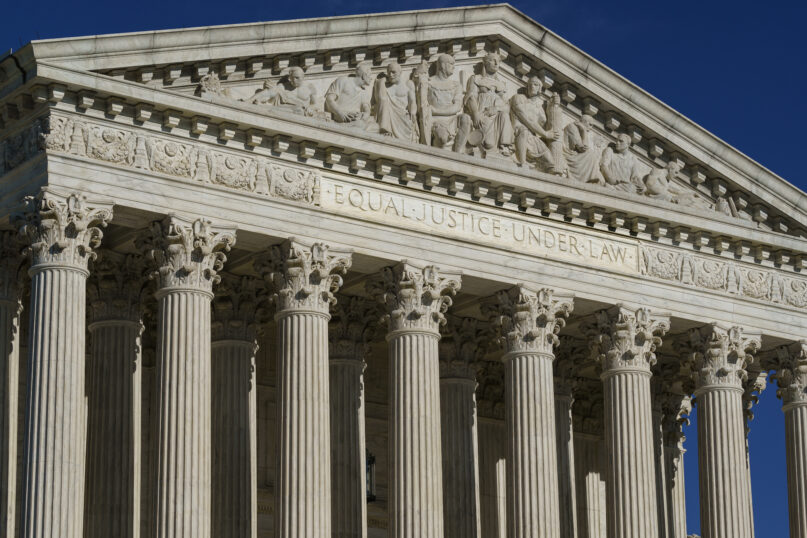(RNS) — Everywhere I look today — social media, news outlets, my email — people are discussing the SCOTUS leak. As a pro-life activist my whole adult life, I never thought I’d live to see the end of Roe v. Wade, if that’s what this is.
Yet for me and others who recognize children in the womb as human persons whose lives are deserving of legal protection, overturning Roe doesn’t go far enough.
The end of Roe will not bring back the millions of lives lost, heal the women and men and families harmed, or repair the damage done to our nation and our political life.
But it is a step in the right direction.
I really didn’t expect to see Roe overturned in my lifetime, but I always hoped. I know we can do better than abortion for women and children — and if Roe is overturned, we will have more than ever both the opportunity and the obligation to do so.
Roe v. Wade forced abortion on the nation by inventing a “right” to abortion on demand that was novel, unprecedented and unfounded on any common understanding of human life and human dignity. The most bizarre mental and linguistic gymnastics developed around this newly constructed constitutional right in order to justify, rationalize and shield ourselves from the obvious fact that abortion unjustly ends the life of a human being.
Coming seemingly out of nowhere, Roe catapulted America into a kind of civil war that turned all politics into national politics. Uniting people of vastly different goals, beliefs and political views around the topic of abortion (on either side) drew new political lines, brought new levels of pragmatism to political ethics and gave new urgency to a culture war that seems unlikely to end anytime soon. (Even the unprecedented leaking of the court draft is likely owed to this heightened polarization and toxic division.) The issue of abortion — which is for many, me included, rooted in heartfelt and sincerely held views — has become weaponized, a tool too often used by politicians and grifters to exploit and monetize.
Overturning Roe v. Wade will put abortion laws back at the state level, which only means that pro-life work is far from over. Some states will pursue liberal laws. Some, as we have been seeing recently, will have more restrictive laws.
Yet the definition of human lives is not a matter for the people or the state to decide. The right to life is endowed on all by our creator and the highest purpose of human law is to protect human life.
Court decisions that parse who is and isn’t human have never aged well. In the 1857 Dred Scott v. Sandford decision, the court ruled that enslaved people were not citizens of the United States and were therefore not entitled to protections from the federal government or the courts. The ruling, considered one of the worst in the history of the court, has been described as the court’s great “self-inflicted wound.” Roe will surely be understood in the pages of history similarly.
Human history, even American history, has a long record of some people considering other people their property. Even so, I hold the hope that Martin Luther King Jr. once did that “the arc of the moral universe is long, but it bends toward justice.”
Justice demands the lives of human beings in the womb be protected by human law and in human hearts.






